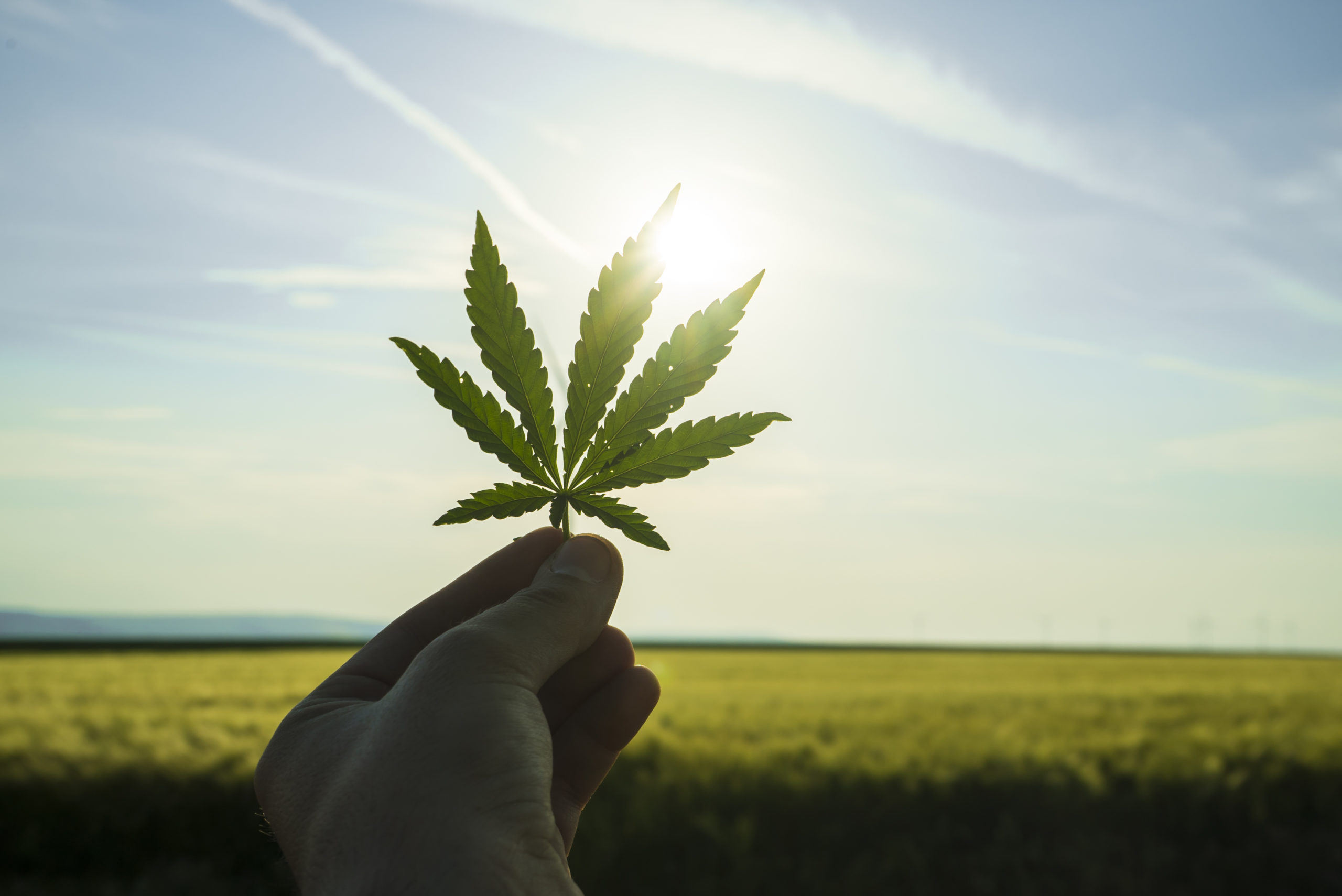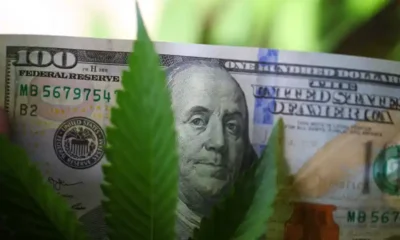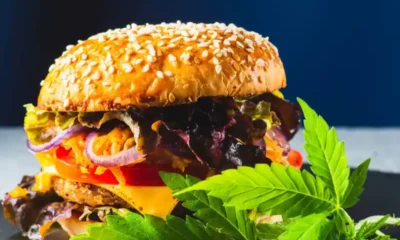Connect with us
Published
1 year agoon

It’s the argument many cannabis users have heard at one point or another: “If you try weed, you’ll just want something stronger and turn to other drugs!” Many will confirm that cannabis, in fact, doesn’t open the gates to a life of hard substance use, though the “gateway drug” argument still has life among cannabis opponents.
Now, a new study conducted out of University of Colorado (CU) Boulder adds further proof that the long-touted warning may not have a lot behind it. Researchers confirm that legal cannabis does not increase substance use disorders, the use of other illicit drugs among adults and that legal cannabis may even reduce alcohol-related problems.
The study, “Recreational cannabis legalization has had limited effects on a wide range of adult psychiatric and psychosocial outcomes,” also found a link between cannabis legalization and increases in cognitive, psychological,social, relationship or financial problems. Researchers used a twin model, with more than 4,000 twins from Colorado and Minnesota, tapping data from two of the nation’s largest and longest-running twin studies.
“We really didn’t find any support for a lot of the harms people worry about with legalization,” said lead author Stephanie Zellers in a news release. “From a public health perspective, these results are reassuring.”
For this study, twins were first assessed in adolescence and then again, aged 24-49. The longitudinal, co-twin control design had 4042 twins total, and 40% resided in a recreationally legal state. Researchers also specifically compared 240 pairs twin to twin, in which one twin lives in a state with recreational cannabis laws and the other living in a state without, to determine how legalization does, or does not, impact individuals.
“This co-twin design automatically controls for a wide range of variables, including age, social background, early home life and even genetic inheritance” that can influence health outcomes, said John Hewitt, CU Boulder psychology and neuroscience professor. “If the association holds up, it provides strong evidence that the environment, in this case legalization, is having an impact.”
A previous CU Boulder study indicated that twins living in states with legal cannabis used it about 20% more frequently than their twin living in states with illegal cannabis. To find out if more use leads to more problems, the team compared survey results looking at 23 measures of “psychosocial distress, like use of alcohol, illicit drugs, psychotic behavior, financial distress, cognitive problems, unemployment and home and work relationships.”
Ultimately, they found no relationships between legalizing cannabis and heightened risk of cannabis use disorder or cannabis addiction. Twins in states where cannabis is legal also showed fewer symptoms of alcohol use disorder and were less likely to engage in risky behavior after drinking, like intoxicated driving.
Researchers also found no change in illicit drug use following legalization, helping to deflate the gateway drug argument.
“For low-level cannabis use, which was the majority of users, in adults, legalization does not appear to increase the risk of substance use disorders,” said co-author Dr. Christian Hopfer, also a medical doctor and professor of psychiatry at IBG and CU Anschutz.
One limitation of the study, authors admitted that the study did not look at the impacts of cannabis legalization on adolescents nor did it closely examine the kinds of cannabis or dosages people were using.
Hewitt said that the study suggests we shouldn’t be concerned with everyday adult use in a legalized environment, “But no drug is risk-free,” he said. “It would be a mistake to dismiss the risks from higher doses of a drug that is relatively safe in small amounts.”
Researchers concluded that further research could investigate causal outcomes between cannabis use and outcomes. Zellers also said she hopes this research and further studies help to inform policy conversations surrounding cannabis legalization.
“I would love for us to get past this question of, ‘Is legalization good or bad?’ and move toward more specific questions like, ‘Who is most at risk? Who can benefit the most? And how?’ So that people can make informed choices,” Zellers said.


You Don’t Understand the Difference Between Decriminalizing and Legalizing, Do You?


North Dakota Committee Files Ballot Measure To Legalize Adult-Use Cannabis


California County Mulls Reduction To Cannabis Cultivation Tax


Cheech and Chong Become Newest Operators in Call of Duty


Manage Your Munchies: This Year’s Top 420 Meal Deals


New York Cannabis Control Board Approves 101 New Adult-Use Licenses
